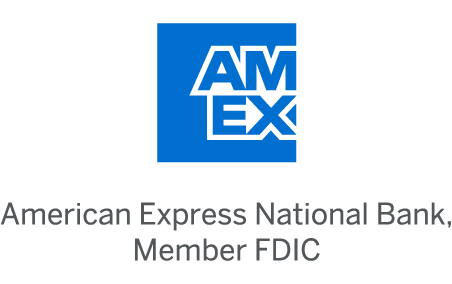Short-term certificates of deposit (CDs) have been getting all the attention over the last several months with many of the top banks offering close to 5.00% APY on their 1-year CDs. But long-term CD rates have been pretty high as well.
Many of the top banks have APYs close to 4.00% right now. On a 5-year CD, that would earn you $217 on a $1,000 initial deposit. With rates predicted to drop later this year, many see now as the time to lock in a high-yield long-term CD.
I’m not jumping on that bandwagon, though. I plan to keep my money in my high-yield savings account, even though it might mean earning less interest. Here’s why.
The price of long-term CDs
CDs typically don’t have any fees, apart from early withdrawal penalties. But don’t let that fool you into thinking there isn’t a cost associated with them. When you open a CD, you agree to give up access to your funds for the CD term. In the case of a 5-year CD, that’s five years.
Our Picks for the Best High-Yield Savings Accounts of 2024
|
Capital One 360 Performance Savings 
APY 4.25%
|
APY 4.25%
|
Min. to earn $0 |
|
American Express® High Yield Savings 
APY 4.25%
|
APY 4.25%
|
Min. to earn $1 |
|
Citizens Access® Savings 
|
Min. to earn $0.01 |
Taking your cash out early triggers the early withdrawal penalty, which can cost you several months of interest. You also have to take out all your cash at once, so you miss the opportunity to earn interest over the rest of the CD term.
This makes CDs, especially long-term CDs, a poor choice for your emergency fund or savings you plan to spend in the near future. If you lock this money up in a CD, you risk owing these early withdrawal penalties. You could even lose some of your principal if you have to withdraw cash shortly after opening the CD.
For long-term savings, there’s a different kind of risk. While 4.00% is a great rate for a high-yield CD, it’s a lot less than what you could earn by investing your savings in the stock market over the same duration.
True, investing in stocks carries a risk of loss that CDs don’t. But if you don’t plan to use the money for the next five to seven years or longer, investing in stocks is likely to grow your wealth more quickly than long-term CDs.
Where to put your cash instead
The best place to put your savings depends on when you plan to spend it. Your emergency fund and short-term savings are best kept in a high-yield savings account. This gives you access to your cash at all times, and it enables you to earn an above-average interest rate on your funds.
The downside here is that your savings account APY isn’t locked in. When rates inevitably fall from their current highs, savers will get smaller monthly interest payments. But even at their lowest points, high-yield savings accounts still beat the 0.01% APY many brick-and-mortar banks offer.
As mentioned above, investing is the best move for your long-term savings. You could use a taxable brokerage account for this or a retirement account. The latter offers some excellent tax breaks, though you typically can’t access your money penalty-free if you’re under age 59 1/2.
If you decide to invest in a long-term CD anyway, research the account before you open it. Understand the minimum deposit required and how much you could pay if you have to withdraw your cash early. Compare CD offers from several top banks before deciding which one is right for you.
These savings accounts are FDIC insured and could earn you 11x your bank
Many people are missing out on guaranteed returns as their money languishes in a big bank savings account earning next to no interest. Our picks of the best online savings accounts could earn you 11x the national average savings account rate. Click here to uncover the best-in-class accounts that landed a spot on our short list of the best savings accounts for 2024.
